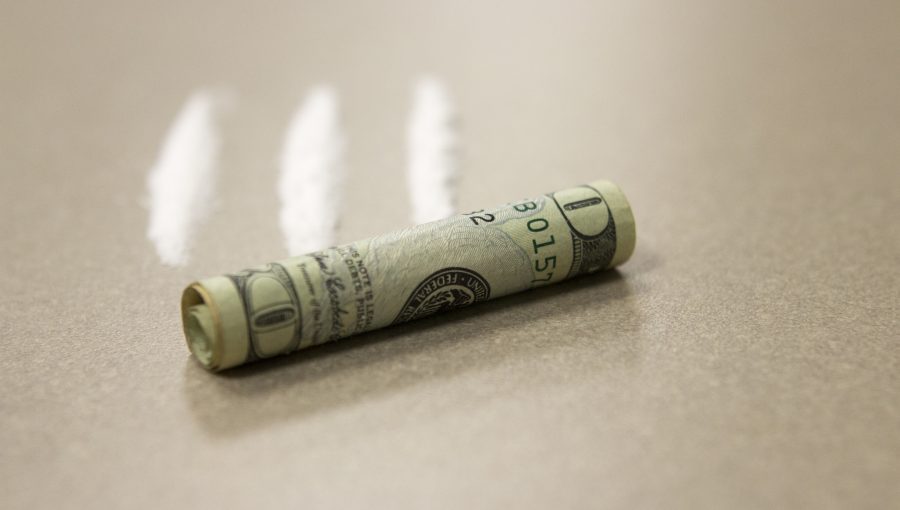One of my closest friends my first year and a half of college was a recovering addict. Yet she never showed it to the outside world, with her perfect grades, kind manners and her ability to be the life of every party. At the beginning of her freshman year, she had been clean for a whole year. I learned how sexual, emotional and physical abuse left her with no one to turn to but drugs and self-harm. I promised her that I would always be there for her, in typical “Best Friends Forever” fashion, and for a while that seemed to be enough– until her relapse.
I didn’t know what to do. All through fall of 2013, I tried and tried to convince her to stay in college, go to counseling, go to rehab, but she wouldn’t listen to any of my stereotypical “Concerned Friend” advice. I listened to her cry for hours and hours, told her again and again about the list of people who loved her, the list of wonderful things about her. I remember sitting with her, her mother and her boyfriend as we all told her that she was loved and she was beautiful. At this time, she had only begun to abuse her prescription medication. I say “only” because, to my horror, it would get worse. Once her mother and boyfriend cut her off in an attempt to force her to get help, she turned to heroin, a cheaper alternative. I tried to stay in contact with her, but slowly she stopped answering my messages, my phone calls. She even stopped answering the door when I would come to check on her. On her mother’s orders, I decided to give her space, thinking that her mother knew best.
As time went on, so did life. I got a job and went to England to visit my family, but I stayed in touch with her and her mother. I thought, naively, that eventually she could get clean again. After all, during my visit to England, she decided to check into rehab. Surely everyone who goes to rehab will get clean eventually. But that wasn’t the case. She waded in and out of programs, sometimes calling me to tell me how great it was, other times crying over how she couldn’t do it anymore. I remember one time, getting a call at 3 a.m. and deciding not to answer it, out of mental and emotional exhaustion, telling myself I’ll call her in the morning. Gradually she faded away again, and again at her mother’s request, I stopped trying to contact her, in the name of tough love. It appeared though that that kind of love was too tough. In the spring of 2014, I got the worst call of my life. Her mother called to inform me that my friend passed away, after overdosing. Her funeral would be Sunday. It would be lovely if I could be there and if I would say a few words.
Never in my life did I feel so devastated. I felt selfish, my conscience telling me if I had just answered the phone that one time, if I had just spoken up to her mother and told her that leaving her alone wasn’t OK, then she would still be here today. I felt sorrow for the pain she had gone through to drive her to that point, the pain her mother felt. I felt emptiness, shocked at how such a beautiful person could live such a painful life. Hurt, confusion, anger, sorrow, emotion after emotion consuming me.
The problem with addiction is that it’s a selfish beast. It will take the best person and snatch every ounce of humanity from within them. It demands full and undivided attention from the person it latches onto. It demands all of the happiness, health and potential from even the strongest person. It leaves no social class, race or age group alone, wanting all the people it can consume. It takes the most caring mother, the most intellectual student, the most dedicated doctor, the most desperate for love and care, and consumes them, in its path of destruction.
To those who contemplate taking their life, or turning to addiction to deal with pain, abuse or illness I say this: You are worth it. You are loved. You are precious. You are stronger than the beast that tries to consume you. You have a purpose in life. You are more than those who have hurt you. Often, those of us who do not understand your pain will give you really stupid advice. We do it out of desperation in our love for you. I don’t know what else to say other than I love you. You are not defined by your illness. You are not destined to live a life of hurt and desperation. This world is yours just as much as it is mine. Get the help you deserve for yourself.
Sehar Ezez is a senior majoring in history. Her column runs biweekly.









